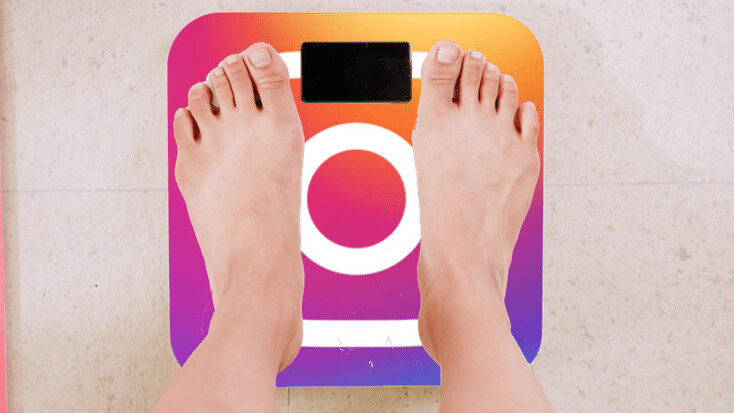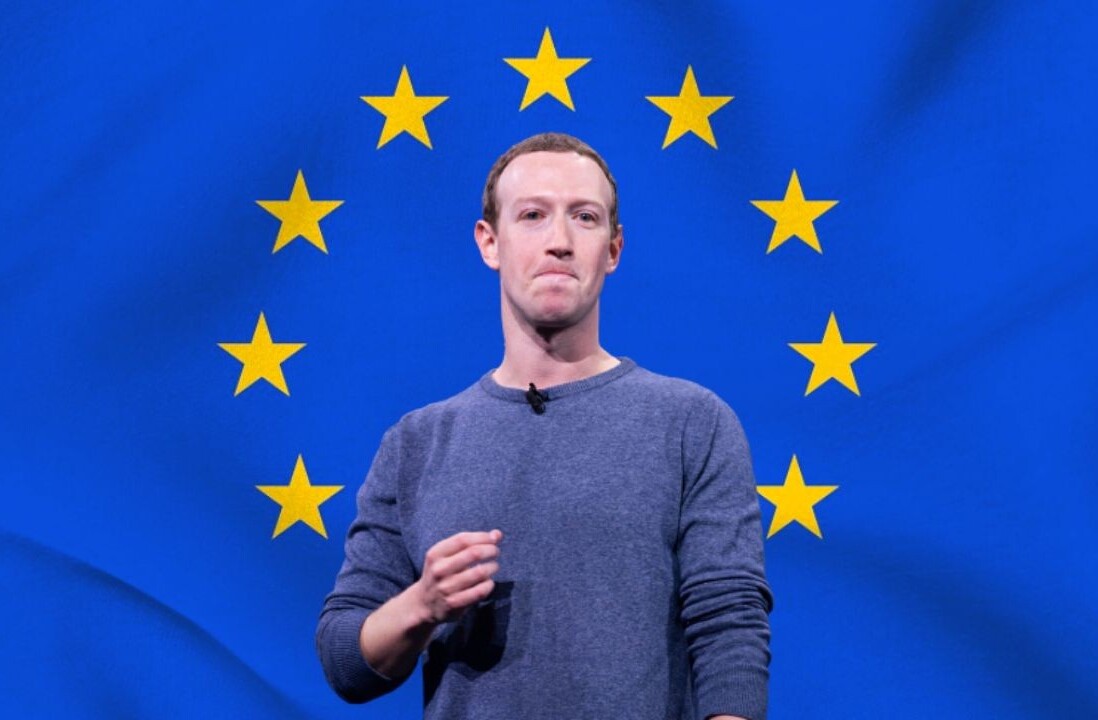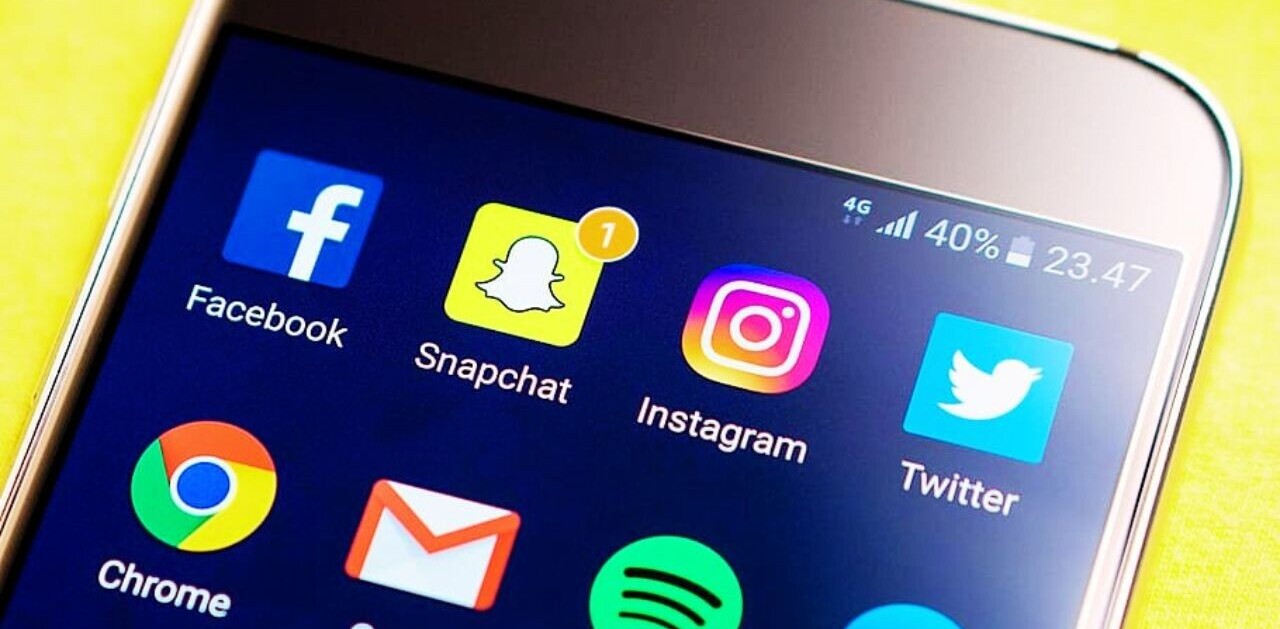
If your Instagram feed is anything like mine, your feed and Explore page are probably littered with weight loss meal supplements, timelapses of injected lip filler, and skinny-tea promoted by a Kardashian — because obviously, that’s all we want to see when browsing Instagram. But jokes aside, the pressure to be “perfect” is putting immense pressure on young women more than ever.
In an effort to combat toxic beauty standards promoted online, Instagram announced it will tighten its policy on posts related to weight loss products and cosmetic surgery by hiding related posts from users known to be aged under 18.
The policy update, which will also be applied to Facebook, includes the removal of any content that makes a “miraculous” claim about a diet or weight-loss product which was simultaneously linked to a commercial offer such as a discount code or affiliate link.
Finding a discount code for some unhealthy meal supplement isn’t hard work, just head to Khloe Kardashian’s Instagram profile — who advertises to almost 100 million followers.
As influencer culture has creeped its way into almost every business model, it has unsurprisingly increased the promotion of dieting products including “appetite-suppressing” meal supplements. Inevitably, this has raised concerns about the impact that diet and detox content can have on young people, especially their mental health and body image.
In 2017, a study titled “#StatusOfMind” by the Royal Society for Public Health (RSPH), found that Instagram is rated as the worst social media platform when it comes to its impact on young people’s mental health.
This policy update has been praised by countless users of the platform, including actor and body positivity activist, Jameela Jamil, who has previously called out influencers on Instagram for posting toxic content.
No. Fuck off. No. You terrible and toxic influence on young girls. I admire their mother’s branding capabilities, she is an exploitative but innovative genius, however this family makes me feel actual despair over what women are reduced to. ☹️ pic.twitter.com/zDPN1T8sBM
— Jameela Jamil ? (@jameelajamil) May 16, 2018
On Twitter, Jamil described the update as “a major step in the fight with the dirty side of diet/detox industry.”
A HUGE DAY! A MAJOR STEP IN THE FIGHT WITH THE DIRTY SIDE OF THE DIET/DETOX INDUSTRY!!! Influencers best watch yourselves… https://t.co/F4iPTyVGU4
— Jameela Jamil ? (@jameelajamil) September 18, 2019
It’s only now we’re admitting the detrimental effects toxic posts like weight-loss promotion can have on people’s physical and mental health. It’s reassuring to see Instagram and Facebook take responsibility for what the platform has previously been exploited for. But it’s yet another reminder that platforms need to prepare themselves to be continually responsive to changes in society and media.
Get the TNW newsletter
Get the most important tech news in your inbox each week.




